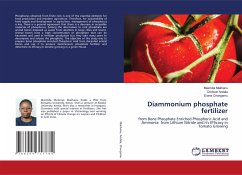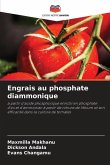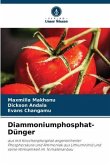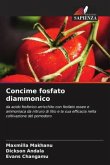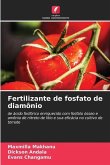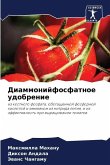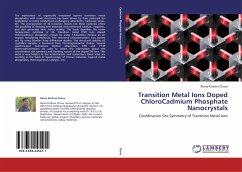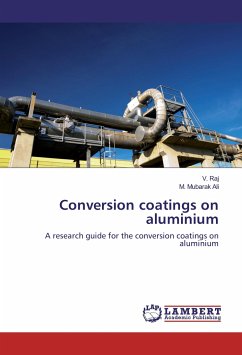Phosphorus obtained from finite rock is one of the essential elements for food production and mordern agriculture. Therefore, for sustainability of food supply and development in agriculture, management of phosphorus is key. There is a general agreement that there is a decrease in accessible researves of phosphorus. Among the alternatives to rock phosphate are animal bones disposed as waste from abattoirs in large cities and towns. Animal bones have a high concentration of phosphate that can be harvested and used in fertilizer production but they take many years to decompose and release the phosphate. The objective of this study was to prepare bone phosphate enriched Phosphoric Acid from discarded animal bones and use it to prepare diammonium phosphate fertilizer and determine its efficacy in tomato growing in a green House.
Bitte wählen Sie Ihr Anliegen aus.
Rechnungen
Retourenschein anfordern
Bestellstatus
Storno

